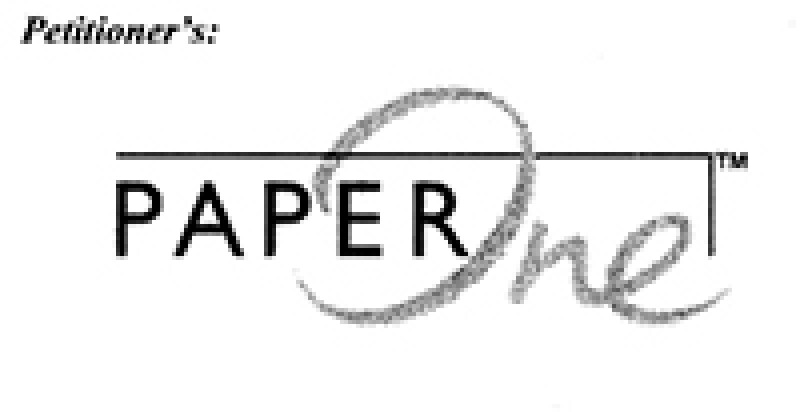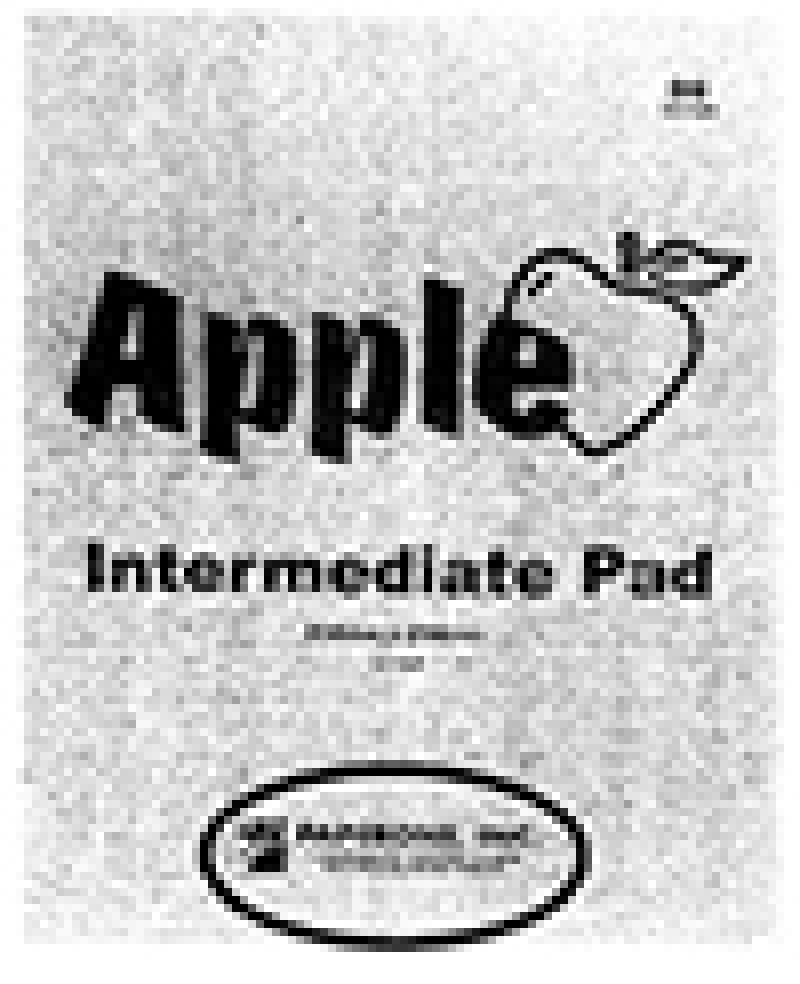An action for unfair competition in the Philippines has two essential elements as stated by the Supreme Court in a number of cases: (1) confusing similarity in the general appearance of the goods, and (2) intent to deceive the public and deceive a competitor. On the issue of confusion, two types have been noted. These are confusion of goods and confusion of business or source of origin. In the case of Asia Pacific Resources International Holdings, Ltd. v PAPERONE, INC. (G.R. Nos. 213365-66, December 10 2018), the Supreme Court found Paperone guilty of unfair competition.
Asia Pacific, a manufacturer and seller of pulp and premium wood free paper, is the owner of the trademark PAPER ONE applied for at the Intellectual Property Office (IPOPHL) in 1999 and registered in 2003. The respondent PAPERONE, on the other hand, is engaged in the business of paper conversion, manufacturing table napkins, notebooks and writing pads, and the corporation has existed since 2001. It averred that the Department of Trade and Industry and Securities and Exchange Commission had allowed it to use PAPERONE as its corporate name, and that it did not use PAPERONE as a trademark, but to identify itself only as the manufacturer of the product, as shown below:
ASIA PACIFIC RESOURCES

PAPERONE, INC.

The Supreme Court affirming the decision of the IPOPHL, and reversing the Court of Appeals noted that: (i) the goods of both parties are related as paper products, (ii) PAPER ONE as a trademark of Asia Pacific had been used even before its application in 1999, (iii) some of Paperone's stockholders had knowledge of the existence and use of the mark PAPER ONE and even wrote a letter expressing a desire to be the exclusive distributor of PAPER ONE multi-purpose copy paper, as the evidence showed. The court admitted that while there was a noticeable difference in how the trade name of the respondent PAPERONE was being used on its products in comparison with the trademark of Asia Pacific, "there could likely be confusion as to the origin of the products." Thus, a consumer might conclude that PAPER ONE products were manufactured by or were products of Paperone.

|

|
Editha R Hechanova |
Grace Christy G Carbonell |
Hechanova & Co., Inc.Salustiana D. Ty Tower104 Paseo de Roxas AvenueMakati City 1229, PhilippinesTel: (63) 2 812-6561Fax: (63) 2 888-4290editharh@hechanova.com.ph










